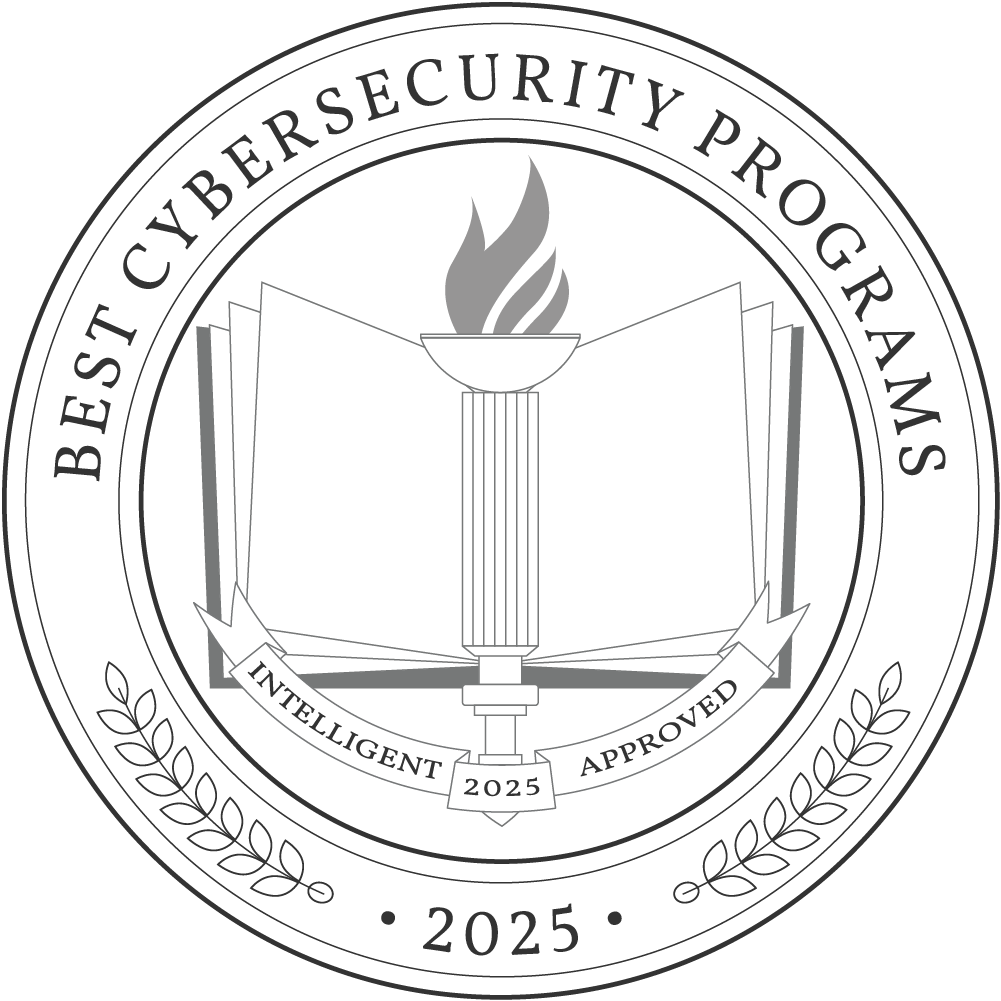Cybersecurity degree programs equip students with the skills and knowledge needed for a variety of in-demand and lucrative careers by blending computer science and information technology with criminology, management, and ethics.
The Bureau of Labor Statistics projects a 32% growth from 2022 to 2032 for information security analysts, who earn a median annual wage of $120,360. With a four-year bachelor’s degree or two-year master’s degree in cybersecurity, graduates can also explore a range of advanced managerial or other roles within the field and across many industries. Undergraduate and graduate programs cost an average of $14,688 and $20,513 per year, respectively.
Why Trust Us
The Intelligent.com Higher Education Team is dedicated to providing students with independent, equitable school and program rankings and well-researched resources. Our expert-driven articles cover topics related to online colleges and programs, paying for school, and career outlooks. We use data from the U.S. Department of Education’s College Scorecard, the National Center for Education Statistics, and other reputable educational and professional organizations. Our academic advisory team reviews content and verifies accuracy throughout the year for the most current information. Partnerships do not influence rankings or editorial decisions.
- Analyzed over 2,000 national, accredited, and nonprofit colleges and universities
- 800+ rankings pages are reviewed and updated yearly
- Content is informed by reputable sources, surveys, and interviews with academic advisors and other experts
- Over 100 data points are reviewed for accuracy and quality throughout the year, including sources
How we rank schools
Our list features the best Cybersecurity degree programs at top colleges nationwide. Each school featured is a nonprofit, accredited institution — either public or private — with a high standard of academic quality for post-secondary institutions.
We evaluated each school’s program on tuition costs, admission, retention and graduation rates, faculty, reputation, and the student resources provided for online students. We collected data from trusted sources like the National Center for Education Statistics, individual school and program websites, school admissions counselors, and other data sources. Then, we calculated the Intelligent Score on a scale of 0 to 100 based on the following criterion:
Academic Quality:
- Admission rate versus enrollment rate
- Retention rate of students who return after year one
- Accreditation status (regional and programmatic)
- Nonprofit status, both private and public institutions
Graduation Rate
- Overall graduation rate
- Total number of currently enrolled students, including diversity metrics
- Student-to-faculty ratio
Cost and ROI
- In-state and out-of-state per-credit tuition rates and fees
- Required credits to graduate
- Earning potential after graduation
- Availability of federal student loans, scholarships, and other financial aid options
Student Resources
- Available student services for online-only and hybrid programs
- On-campus amenities like tutoring centers and the number of libraries
Read more about our ranking methodology.
Best 23 Accredited Cybersecurity Degree Programs
FiltersInstitution Type
Status
- Intelligent Score
- Alphabetically By University Name
- Acceptance Rate
- Enrollment
- In-state Graduate Tuition
- Out-of-state Graduate Tuition
- In-state Undergraduate Tuition
- Out-of-state Undergraduate Tuition
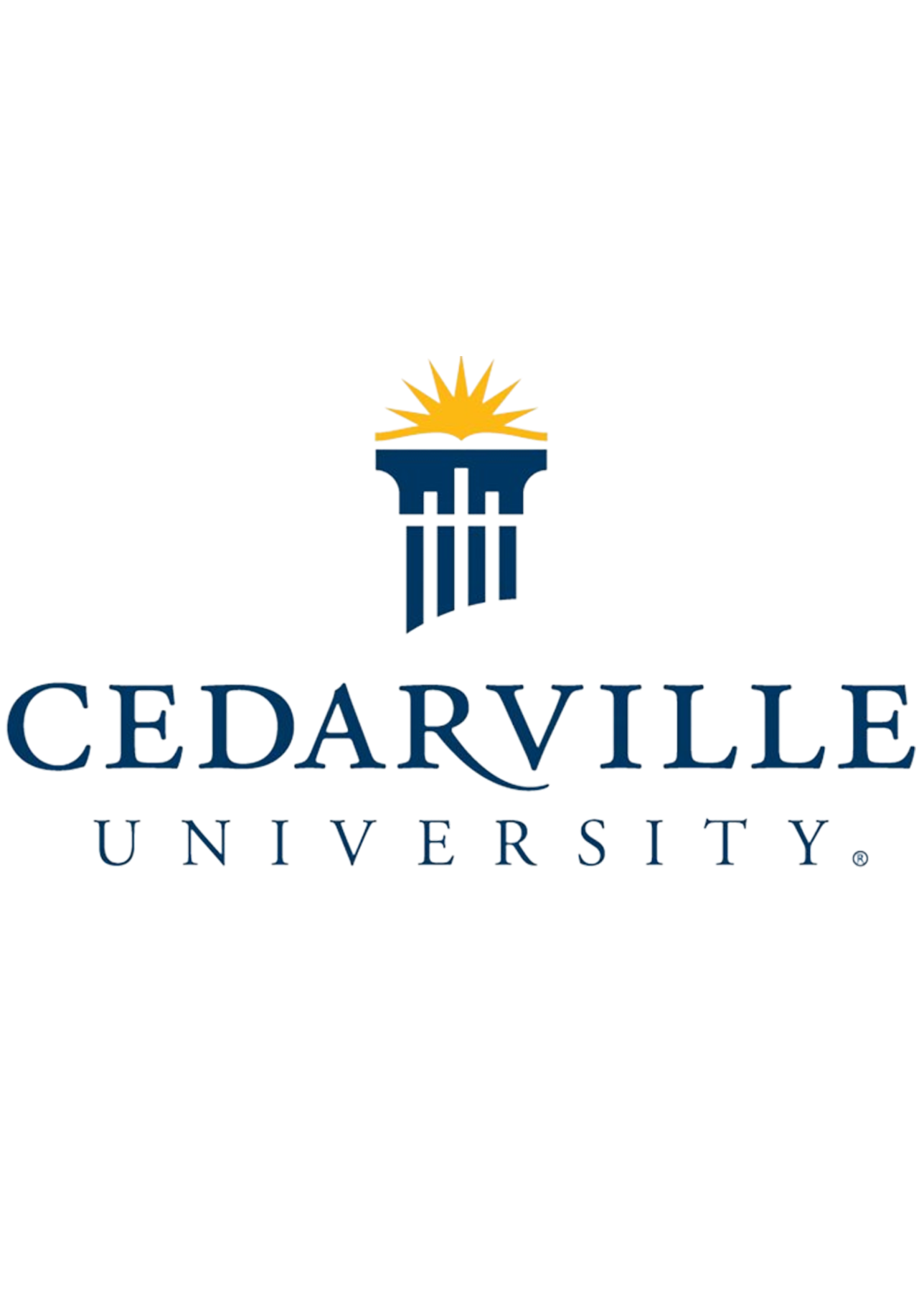
Cedarville University
Intelligent Score: 98.07In-state: $32,364
Out-of-state: $32,364
In-state: $9,065
Out-of-state: $9,065
SAT: 1110-1350
ACT: 23-30
$956
On-Campus, Online
Accreditation Board for Engineering and Technology
128

Saint Vincent College
Intelligent Score: 97.50In-state: $36,586
Out-of-state: $36,586
In-state: $13,686
Out-of-state: $13,686
SAT: 960-1190
ACT: 20-26
$1,332
On-Campus, Online
Accreditation Board for Engineering and Technology
120
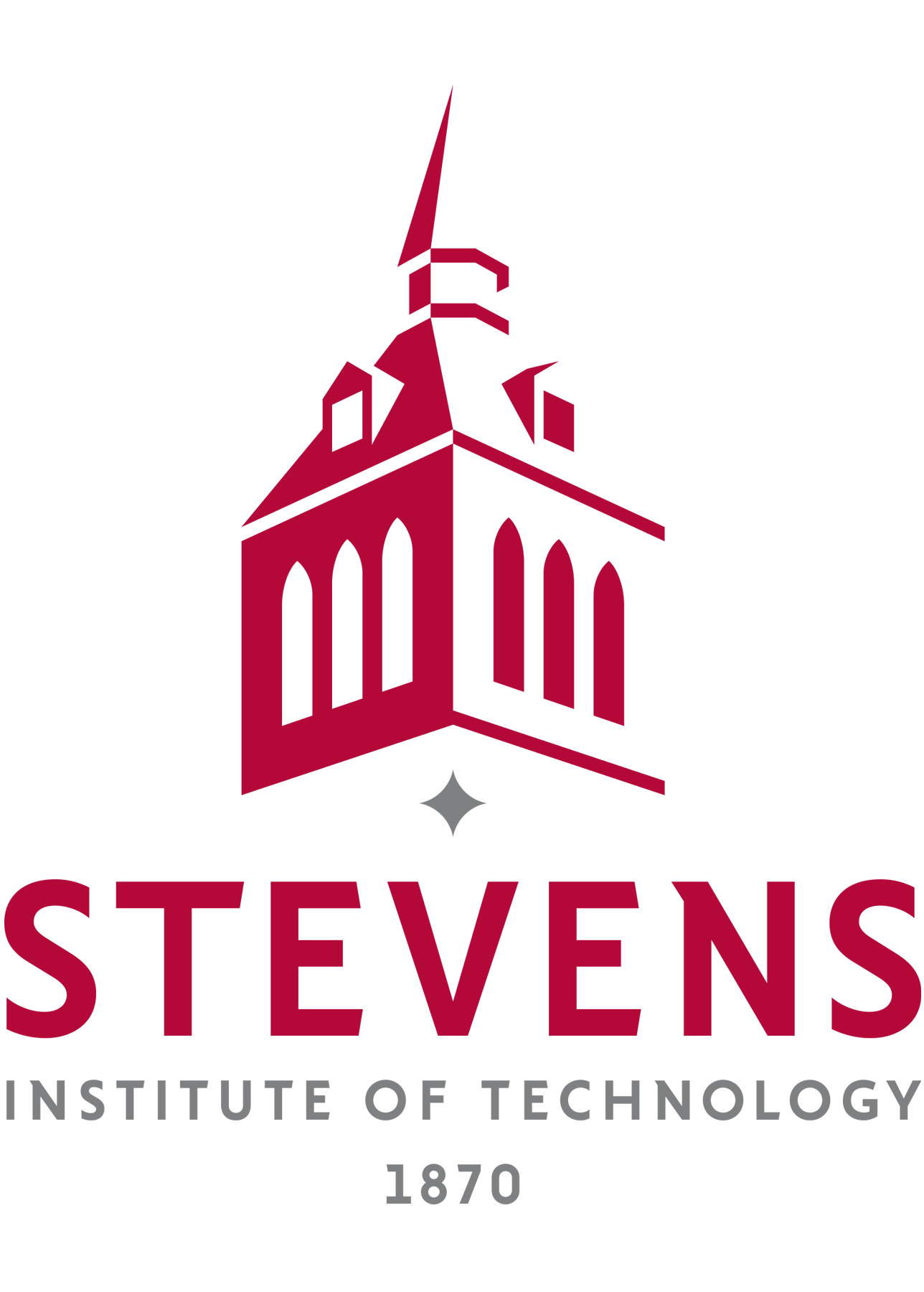
Stevens Institute of Technology
Intelligent Score: 97.41In-state: $53,828
Out-of-state: $53,828
In-state: $37,414
Out-of-state: $37,414
SAT: 1320-1480
ACT: 31-34
$2,034
On-Campus
Accreditation Board for Engineering and Technology
120-121
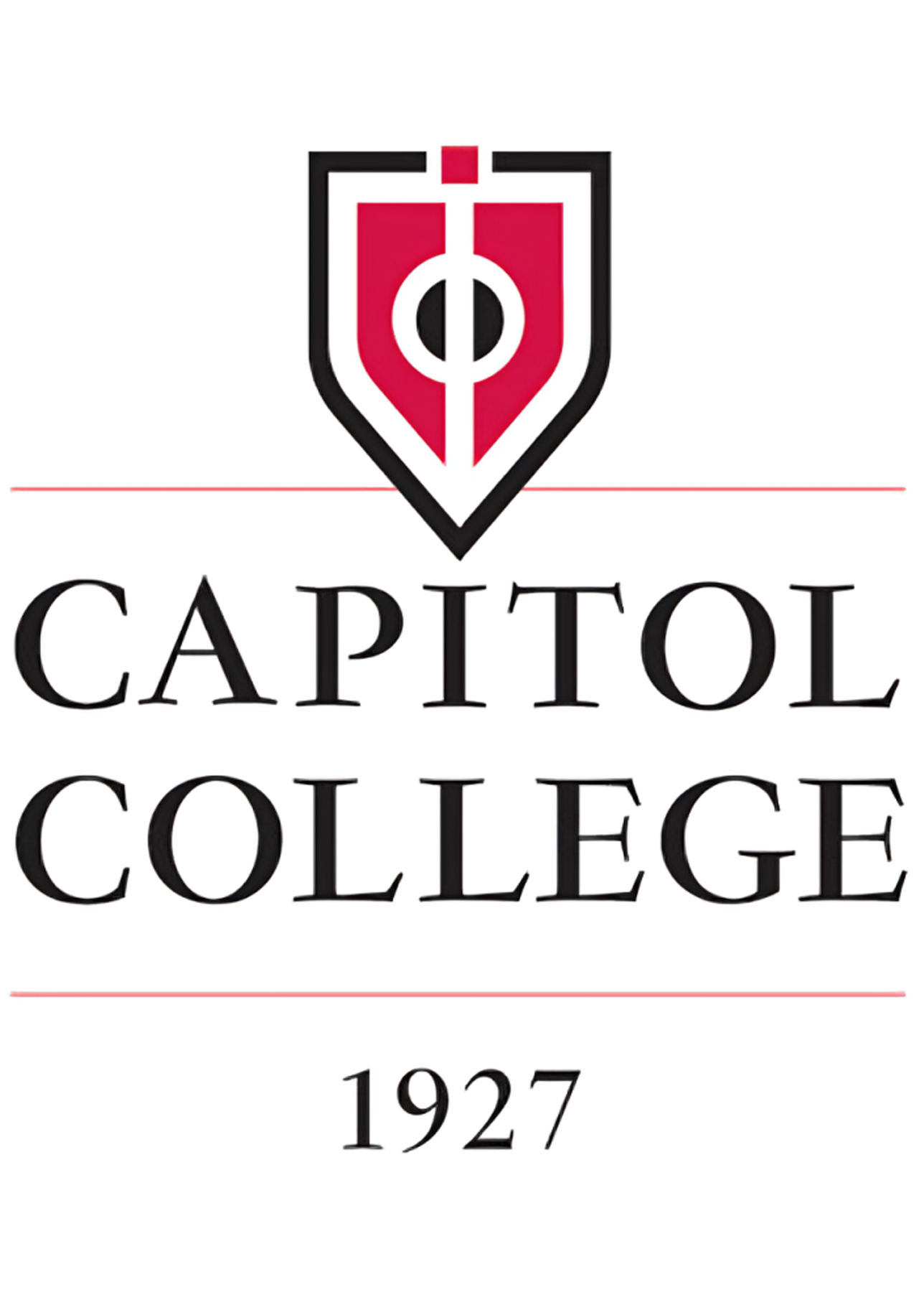
Capitol Technology University
Intelligent Score: 96.50In-state: $25,830
Out-of-state: $25,830
In-state: $11,390
Out-of-state: $11,390
SAT: N/A
ACT: N/A
$435
On-Campus, Online
Accreditation Board for Engineering and Technology
120

Metropolitan State University
Intelligent Score: 95.28In-state: $7,136
Out-of-state: $14,560
In-state: $8,405
Out-of-state: $8,405
SAT: N/A
ACT: N/A
$285
On-Campus, Online
Higher Learning Commission
120

Purdue University - Purdue Polytechnic Institute
Intelligent Score: 93.73In-state: $9,208
Out-of-state: $28,010
In-state: $9,208
Out-of-state: $9,208
SAT: 1170-1420
ACT: 25-33
Resident: $347
Non-Resident: $948
On-Campus
Accreditation Board for Engineering and Technology
120
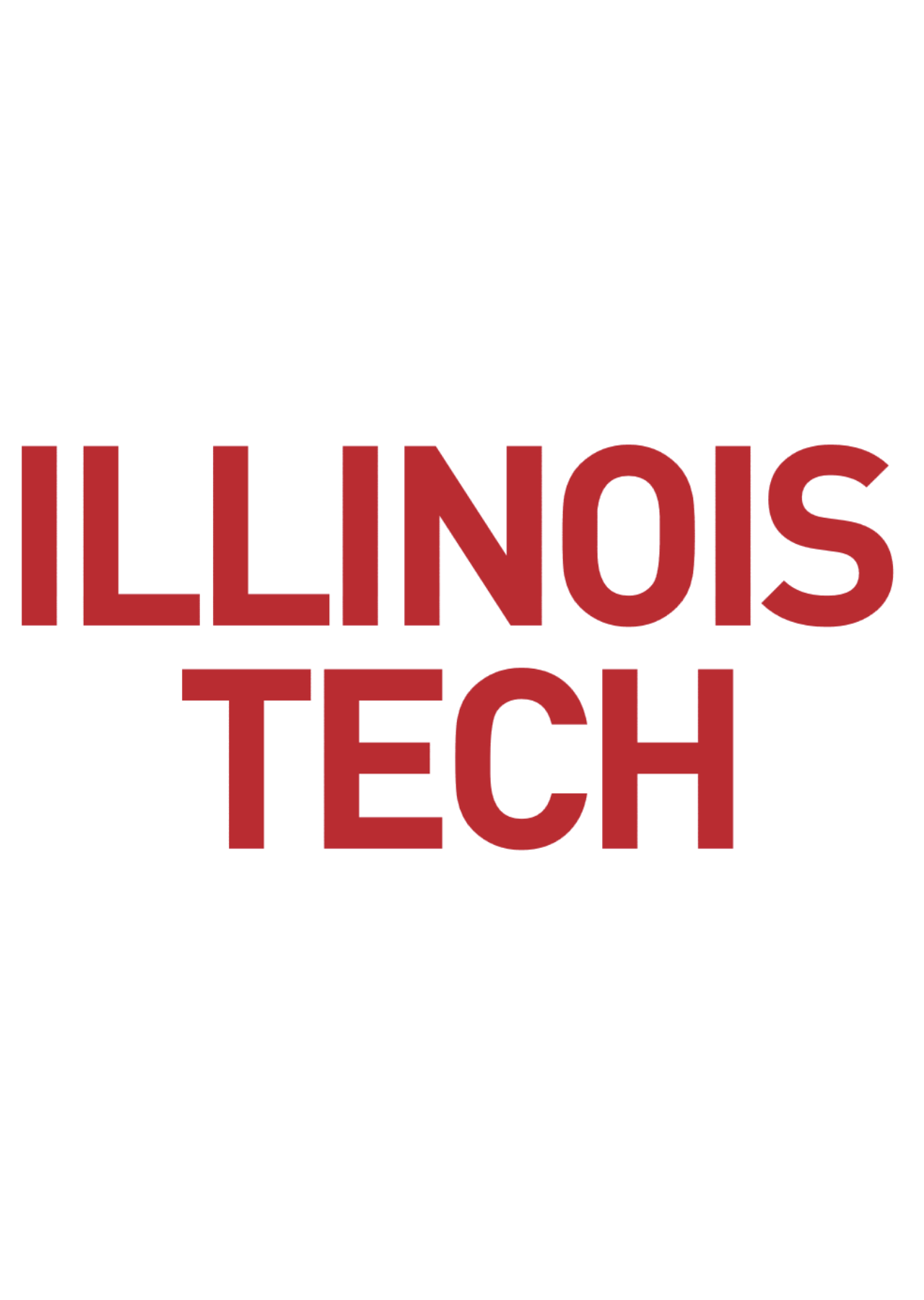
Illinois Institute of Technology
Intelligent Score: 92.36In-state: $48,610
Out-of-state: $48,610
In-state: $29,075
Out-of-state: $29,075
SAT: 1200-1390
ACT: 26-32
$1,034 - $2,068
On-Campus
Higher Learning Commission
129

Baker College
Intelligent Score: 91.93In-state: $9,960
Out-of-state: $9,960
In-state: $12,510
Out-of-state: $12,510
SAT: N/A
ACT: N/A
$450
On-Campus, Online
Higher Learning Commission
120

Champlain College
Intelligent Score: 91.08In-state: $64,010
Out-of-state: $68,575
In-state: $19,635
Out-of-state: $19,635
SAT: 1224
ACT: 28
$1,366
On-Campus, Online
New England Commission of Higher Education
120
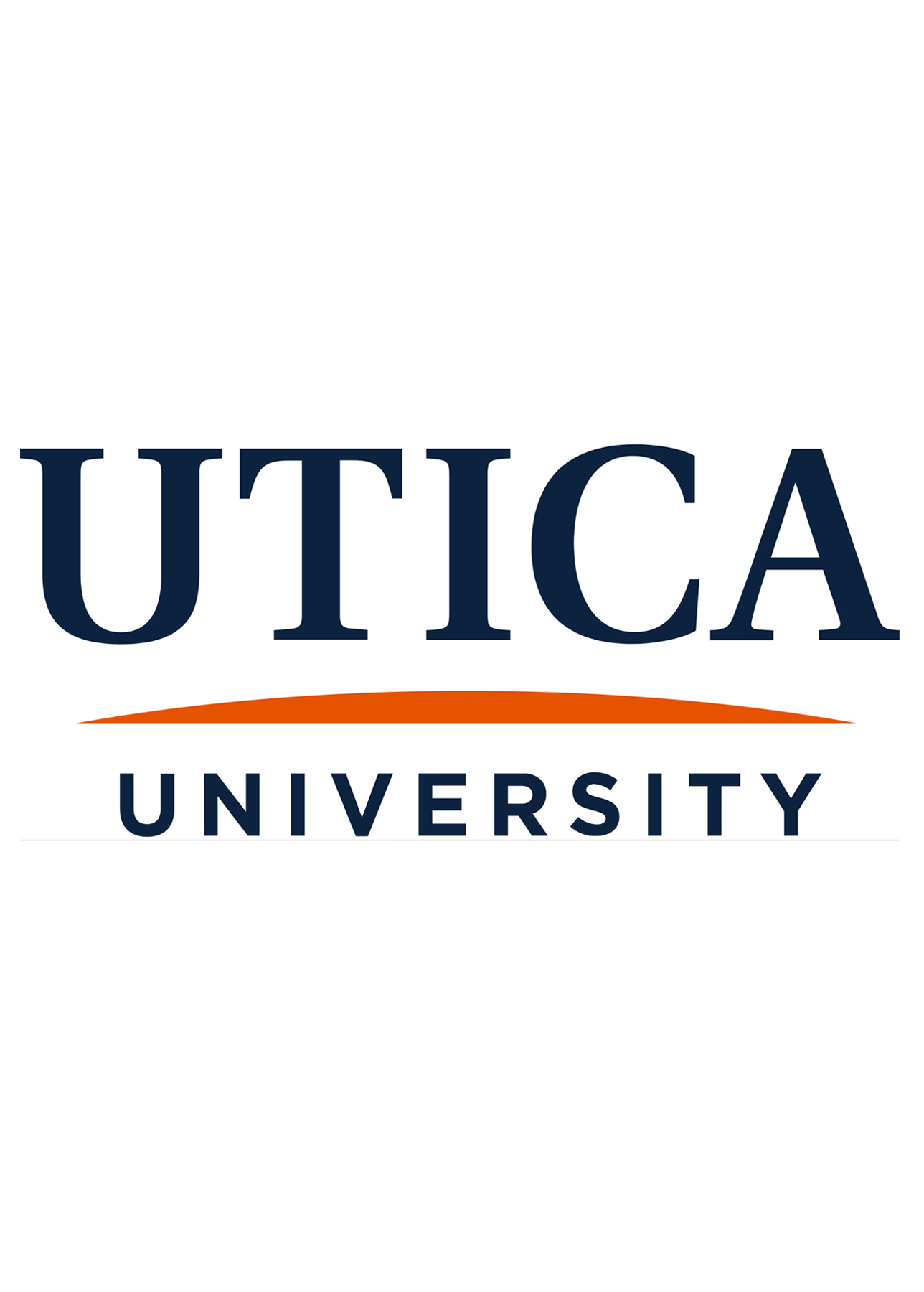
Utica College
Intelligent Score: 90.21In-state: $21,560
Out-of-state: $21,560
In-state: $21,480
Out-of-state: $21,480
SAT: N/A
ACT: N/A
$812
On-Campus, Online
Middle States Commission on Higher Education
120

Anderson University
Intelligent Score: 89.98In-state: $26,820
Out-of-state: $26,820
In-state: $10,140
Out-of-state: $10,140
SAT: N/A
ACT: N/A
$1,004 - $1,505
On-Campus
Higher Learning Commission
120

Rochester Institute of Technology
Intelligent Score: 88.96In-state: $47,352
Out-of-state: $47,352
In-state: $50,136
Out-of-state: $50,136
SAT: 1220-1420
ACT: 28-33
$1,620 - $2,430
On-Campus
Accreditation Board for Engineering and Technology
126
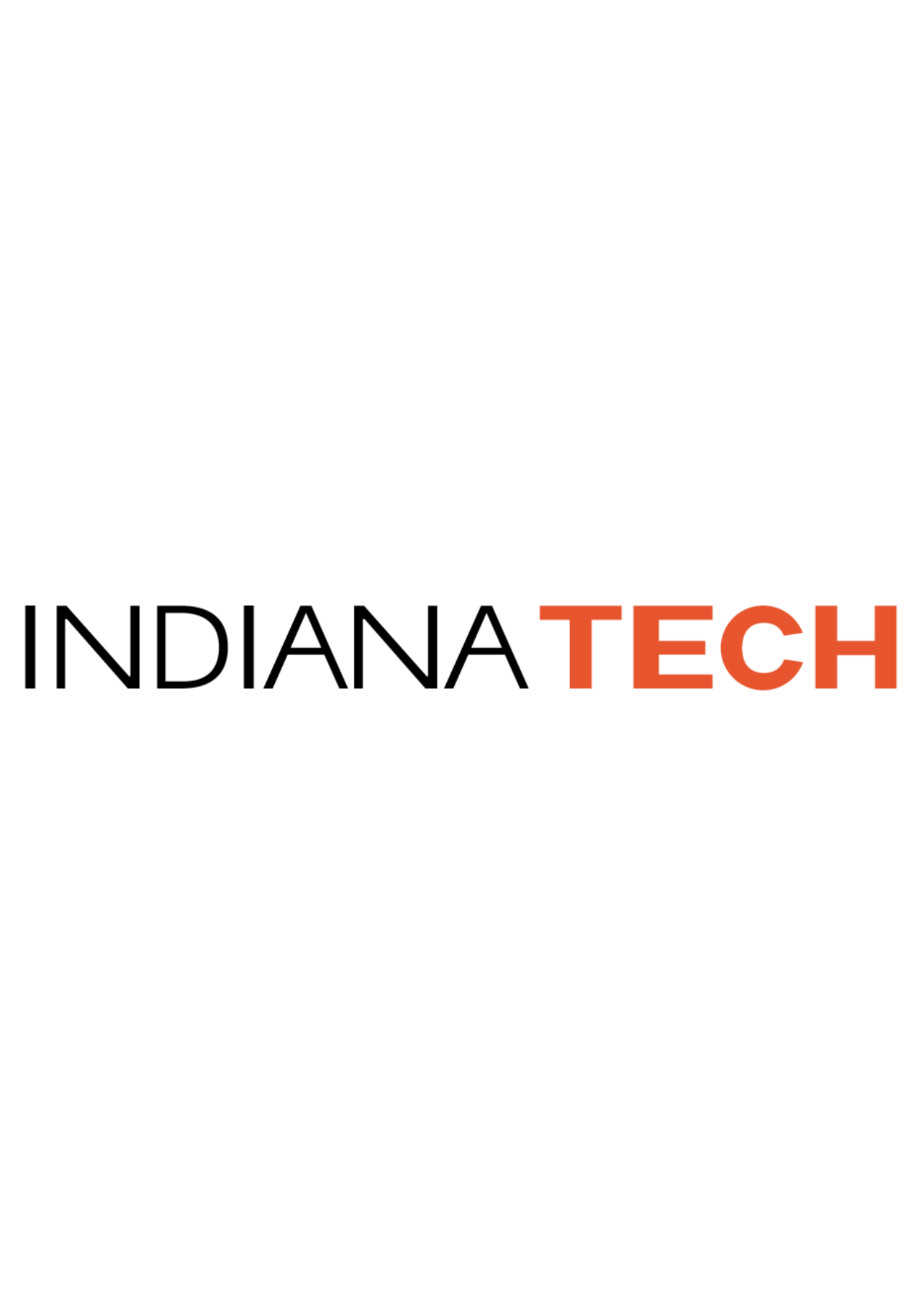
Indiana Tech
Intelligent Score: 87.5In-state: $27,530
Out-of-state: $27,530
In-state: $10,026
Out-of-state: $10,026
SAT: N/A
ACT: N/A
$856 - $1,284
On-Campus
Accreditation Board for Engineering and Technology
120-121

Assumption University
Intelligent Score: 86.19In-state: $64,870
Out-of-state: $64,870
In-state: $23,240
Out-of-state: $23,240
SAT: 1090-1238
ACT: 22-27
$1,683 - $2,103
On-Campus
New England Commission of Higher Education
120

Virginia Tech
Intelligent Score: 86.10In-state: $32,274
Out-of-state: $36,090
In-state: $44,444
Out-of-state: $44,444
SAT: 1210-1410
ACT: 26-32
Resident: $529
Non-Resident: $1,388
On-Campus, Online
Southern Association of Colleges and Schools Commission on Colleges
128-131

University of Michigan - Dearborn
Intelligent Score: 85.39In-state: $16,520
Out-of-state: $53,669
In-state: $24,344
Out-of-state: $24,344
SAT: 1340-1520
ACT: 31-34
Resident: $606
Non-Resident: $1,290
On-Campus
Higher Learning Commission
120

University of Central Missouri
Intelligent Score: 84.78In-state: $7,128
Out-of-state: $14,256
In-state: $7,608
Out-of-state: $7,608
SAT: N/A
ACT: 19-25
Resident: $277
Non-Resident: $555
On-Campus
Accreditation Board for Engineering and Technology
120

University of Missouri - St. Louis
Intelligent Score: 84.13In-state: $9,330
Out-of-state: $27,612
In-state: $9,478
Out-of-state: $9,478
SAT: 1110-1320
ACT: 23-29
Resident: $480
Non-Resident: $1,194
On-Campus, Online
Higher Learning Commission
120-121
How to Choose a Cybersecurity Program
Choose your area of study
Institutions offer cybersecurity degrees and various concentrations at undergraduate and graduate levels. Consider your career goals as you navigate your research. Some cybersecurity degree programs offer different specializations, career outcomes, and other opportunities, and it’s important to choose a program that aligns with your educational needs.
A Bachelor of Science in cybersecurity provides students with the fundamental theories and tools for managing data and network security. Students often focus on coding, digital forensics, risk mitigation, cryptography, and other technical skills to prepare for careers as cybersecurity engineers, information security analysts, forensic analysts, and other vital roles within the information security field. Other majors, such as information technology or computer science, sometimes offer cybersecurity as a concentration to allow students to develop a niche within a broader field.
With a Master of Science in cybersecurity, students can narrow their focus and become subject-matter experts. This program helps students further develop knowledge and techniques in digital forensics, network security, risk management, and other areas. Students often progress to either academic research or to advanced or leadership positions in cybersecurity analysis, security consulting, incident response, and more. Like undergraduate programs, some engineering, science, or other graduate degree programs offer cybersecurity as a concentration.
Alternatively, students can pursue a Master of Business Administration (MBA) in cybersecurity. In this program, students develop the theoretical and technology-specific skills needed for cybersecurity in the context of business fundamentals, leadership, and management.
These degree programs typically offer a variety of concentration options, such as:
- Digital forensics
- Cybersecurity management
- Cybersecurity in supply chains
- Secure software development
- Cybersecurity policy and governance
Research schools and programs
Students should prioritize accreditation as they research program options. Accrediting agencies assess schools and programs according to the Department of Education’s academic quality standards. Schools typically must possess regional accreditation for students to qualify for federal financial aid, and many employers require students with accredited educational credentials. Verify accreditation status with the Council for Higher Education Accreditation and Database of Accredited Postsecondary Institutions and Programs.
Students can find further details, such as curriculum requirements and graduate outcomes, on school and program websites and social media. Admissions counselors can also provide information and recommendations and direct students to in-person and virtual information sessions, campus tours, and other events.
Prepare for tests and applications
Exact admission requirements vary between programs and schools, but most undergraduate and graduate programs require a combination of the following:
- Application form and fees
- Transcripts
- Letter(s) of recommendation
- Personal essay or statement
- Resume or CV
- SAT or ACT scores (undergraduate programs)
- GRE or GMAT scores (graduate programs)
- TOEFL (for students educated in a non-English language)
Undergraduate degree programs sometimes require students to complete a year or specific survey-level courses before they can declare a cybersecurity major. Graduate programs typically require a related undergraduate degree, coursework, or background in mathematics, computer science, or other related fields. Contact an admissions counselor for insight on strengthening your application and to verify requirements, eligibility, and deadlines.
Select your program
Refer to your needs, wants, and goals as you select your program, especially if you’ve received acceptance to multiple schools. Consider the following:
- Location
- Tuition cost
- Financial aid availability
- Curriculum
- Faculty
- Campus amenities
- Course logistics
- Institutional prestige
Depending on individual circumstances, some factors may influence your selection more than others. For instance, many students must balance their education with careers or other obligations and may prefer hybrid, online, part-time, or other flexible programs. In contrast, some students may prefer in-person and full-time for an immersive experience with face-to-face instructor interaction.
Determine how you’ll pay for your degree
Speak to a financial aid counselor at your school for detailed information on tuition, fees, and other expenses that can help inform your educational budget. Regardless of financial circumstances, eligible students should submit the Free Application for Federal Student Aid (FAFSA) to access need-based federal loans, grants, scholarships, and other assistance.
To further supplement your funding, research need or merit-based grant or scholarship opportunities from businesses, non-profit foundations, and your institution. Employed students may be able to take advantage of tuition assistance benefits from their employer. Undergraduate students may also access work-study or paid co-op positions, and graduate students can access stipends, salary, or tuition coverage with assistantships or fellowships.
What Can You Expect From a Cybersecurity Program?
Undergraduate cybersecurity programs offer a comprehensive education in information and network security, data analytics, cryptography, risk management, and other information technology areas. Depending on the type of program, coursework typically includes a blend of theoretical and hands-on training in lectures and labs. Students may also complete internships, work co-ops, and capstone projects. Most programs require around 120 credits for graduation and span about four years.
Graduate cybersecurity programs include research and practical applications that deepen students’ understanding of the field and prepare them for advanced or leadership positions. Students often complete research projects with the guidance of faculty mentors, and they may build practical experience in labs, engineering or design projects, internships, or co-ops. Graduate programs typically culminate in either a capstone project or a thesis. Most programs require between 30 and 45 credits for graduation and span about two years.
Potential courses you’ll take in a cybersecurity program
- Cryptography Fundamentals: Students learn about cryptographic algorithms, protocols, and techniques by studying cryptographic primitives and their correct use. Course content covers popular cryptographic modules and may include public key cryptosystems, digital signature schemes, and fault attacks.
- Computer Crime and Forensics: This course explores the fundamentals of cyber forensics and computer crime-scene analysis. Students learn about formal computer forensic investigation methodologies and international cyber forensic analysis standards to help detect, resolve, and prevent cyberattacks.
- Network Security: Network security covers business, technological, and conceptual foundations for data networks. Students learn to analyze, design, implement, and manage network security with concepts and technology such as virus protection, encryption, security protocols, and network security architecture and policy.
- Cyber Criminology: This course examines various forms of cyber crime, such as hacking, cyberterrorism, insider threat, and hacktivism, and the types of laws, regulations, and values to which they are subject. By examining sociological, psychological, and criminological theories, students learn how and why cyber crime occurs.
Cybersecurity Degree Frequently Asked Questions
How do I apply to a cybersecurity degree program?
Most institutions feature an admissions portal on their website that guides applicants through providing the correct information, uploading materials, and paying application fees. Most admissions require materials such as test scores, transcripts, and personal essays, but an admissions counselor can verify requirements, eligibility, and deadlines before you submit your application.
How much does a cybersecurity degree cost?
Undergraduate cybersecurity degrees average $14,688 annually for tuition and fees. That doesn’t include housing, which can increase costs to $27,673 but translates to lower off-campus living expenses. Graduate programs average $20,513 per year.
Keep in mind that out-of-state student status, private institutions, and high cost-of-living areas often result in higher expenses. Grants, scholarships, loans, and other funding assistance can reduce your upfront costs.
How long does it take to earn a cybersecurity degree?
Depending on credit requirements and the program’s pace or delivery method, most undergraduate programs require 120 credits over four years of full-time study. Graduate programs require about 30 credits and usually take about two years to complete, although some can take as little as one year.
